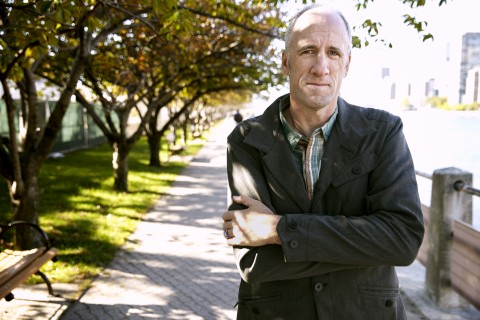
26 Sep Original Thinkers: All Programs, 10/1-10/11!
The 3rd annual Original Thinkers Festival will go out to the world virtually this year between October 1-11, 2020, from Telluride, Colorado. Even though the festival will be undeniably different, some of the Big Ideas of our times will remain at the core of the event. As always, there are 10 highly curated individual shows with speakers, art, music, and film.
For additional information or to purchase festival passes, please visit originalthinkers.com.
The following includes further details from Ringleader/Festival Founder and Director David Holbrooke, as well as program information.
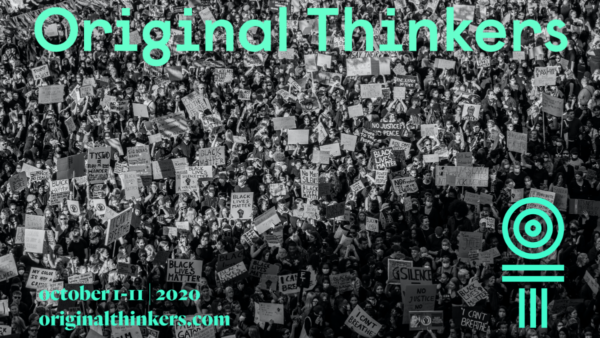
Dear Original Thinkers Community,
It has been a long time in the making and a lot of hard work, but our program for OT 2020 is fully announced. There are our traditional 10 shows with our smart and fun mix of speakers, films and so much more. Artists, scientists, and other thoughtful folks and films abound throughout this lineup as we look at some of the biggest issues of this crazy, complicated time we are living.
We will release the first set of shows starting October 1st and continue over the weekend, with all of them being up and available to watch from wherever you are by Sunday, October 4th. The program will continue to be available until October 11th giving you plenty of time to check them out, and if you like what you are watching, please tell friends to get a pass as well.
I am grateful to everyone on this team, especially Laura Shaunette, who brought so much to the programming you will see. I also want to thank the remarkable speakers you will meet and the filmmakers whose work will grace your screen for sharing their ideas – ok, their original thinking – with us.
I look forward to hearing your thoughts on what we are doing, and thanks for believing in Original Thinkers.
David Holbrooke
Founder and Ringleader
Original Thinkers
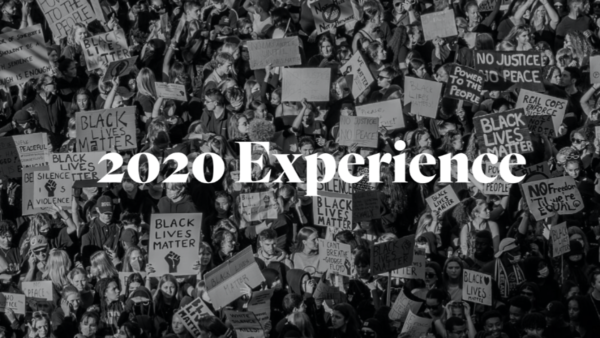
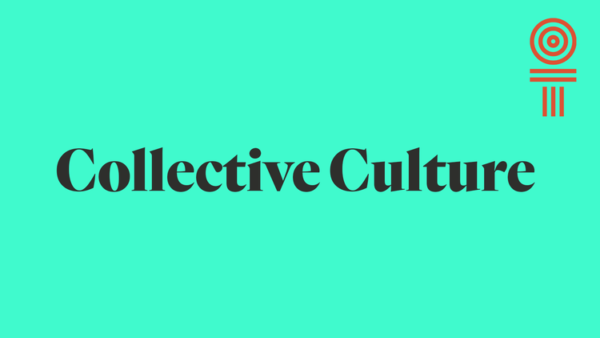
What do we lose when we cannot gather together to take in what we love?
What do we lose when we cannot gather together to take in what we love? The movie industry, theaters, concert venues and so much more are all in peril as a pandemic shuts down these everyday parts of our lives. Ted Hope has worked in film on a variety of levels, most recently at Amazon Studios. He is one of the industry’s big thinkers on the constant evolution of how we watch movies.
Sasha Sullivan is Artistic Director and co-founder of the beloved Telluride Repertory Theatre. She will talk about how they managed to strategize and safely perform Shakespeare in the Park in this summer, as well as what happens when these sacred spaces and events go dark.
Musician Dierks Bentley has played to thousands of fans and will speak to the important relationship between the performance of live music and the audience.
We further explore collective culture through two thoughtful documentary shorts. Kevin Beasley’s “Raw Materials” focuses on this dynamic artist who explores the challenging nature and history of an everyday material – cotton.
“Postman” Jim tells the story of Telluride’s own Jim Looney, who retired from the town post office after twenty years and deeply understands the importance of connecting with each other, which is so challenging today.

A powerful, almost invisible force has radically altered the world over the past year. It’s hard to believe something as small as the COVID-19 virus could be so potent.
How this virus came to affect our everyday lives is something we are still grappling with globally as we also work to understand how it came to be. David Quammen spoke memorably at OT 2018 and now returns to explain the complicated and unnerving threat of zoonoses. As he prophetically wrote in his 2012 book, “Spillover,”:
“The next big and murderous human pandemic, the one that kills us in millions, will be caused by a new disease–new to humans, anyway. The bug that is responsible will be strange, unfamiliar, but it won’t come from outer space. Odds are that the killer pathogen–most likely a virus–will spill over into humans from a nonhuman animal.”
How we deal with the consequences of COVID is key to Laurie Garrett’s everyday thinking. An expert on global public health and a regular on MSNBC, Garrett was profiled by The New York Times in an article titled, “She Predicted the Coronavirus. What Does She Foresee Next?”. Her talk will focus on the original thinking needs to be done to build something that will save us all if we only listen.
COVID-19 is not the first or the last virus to come at humanity, so what we understand about this unseen attacker is ever more critical.
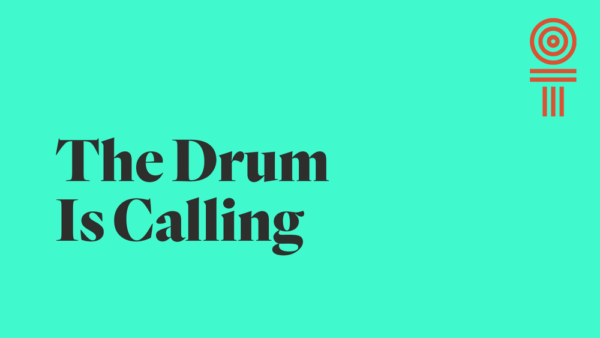
The moving feature length documentary “Gather” features Native Americans who are building their own future while wrestling with past injustices.
What unites these motivated people is something often overlooked in human rights; food and the deep layers of tradition that surround it. ‘Gather”‘s Director Sanjay Rawals has found several different stories and interwoven them in an effective way, giving clarity to both the abundant atrocities imposed upon this continent’s indigenous people and the remarkable attempts by a new generation to bring back what has been lost.
Following the film, we’ll speak with Elsie Dubray, a 17-year-old Cheyenne River Sioux scientist who looks at the health benefits of buffalo. We’ll also be joined by Chef Nephi Craig, an innovative White Mountain Apache chef who is using traditional ingredients to (re)create food that is traditional, sustainable and healthy for his people. The lessons from this film are wide-ranging with hopeful implications for anyone who believes in justice and appreciates the origins of their food.
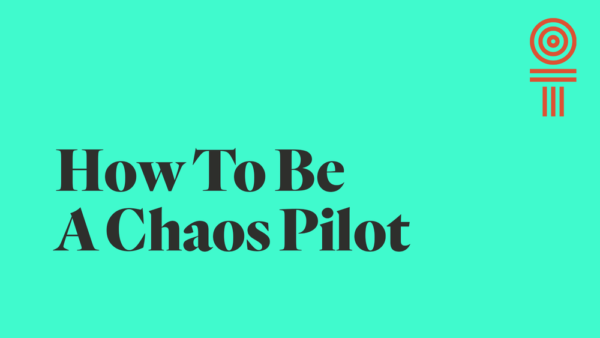
How to be a Chaos Pilot
Creating meaningful change is not something that most people are willing to take on, which stems from a general reluctance to take chances and create something new out of uncertainty. That is where the chaos pilots come in – the rare people who can take action and creatively lead a project through ambivalence. It’s not easy, but it’s essential says Zenia Tata.
Zenia is the Chief Impact Officer at XPrize, which looks to create solutions to some of our biggest global problems through “large-scale global incentive competitions.” Her perspective on our need for chaos pilots and how to become one is at the center of this show.
Joining her are a few short documentaries profiling folks who are doing this work in their own artistic way.
“Bird’s Eye!”showcases Petra Leary, a skater girl from New Zealand with no formal education, who learned to cope with ADHD and applied it as an asset to become an acclaimed aerial photographer.
“Yves & Variation” tells the story of Manhattan concierge Yves Deshommes, who helps his apartment building’s residents with their everyday, while practicing his violin and then, returning to his homeland to help those way less fortunate.
“One Window” focuses on artist Katherine Tzu-Lan Mann who believes art “is a gift that makes the world, and the people who view it, weirder – and, as an artist, you get to spend your whole day straining to imagine ways to break your own ossified shortcuts and assumptions.”
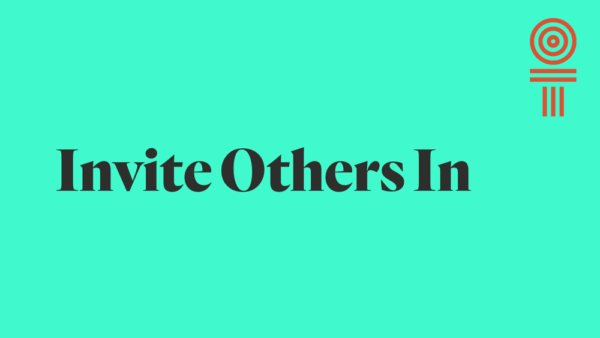
In this time when human connection feels painfully absent for many, we are forced to confront another silent pandemic that has been plaguing the world for years; loneliness.
This show looks at ways that we can find to build meaningful interactions with one another. Jimmy Ferguson and Catherine Gubernick’s short film, “Between Strangers,” explores the delicate line between connection and isolation in modern urbanity. Loneliness expert and author of “Un-Lonely Planet,” Jillian Richardson shares some strategies she’s developed to foster community.
Emily McAllister’s short and thoughtful documentary, “Wearable Tracy,” follows artist Lee Kim’s accidental social experiment to connect with fellow New Yorkers who might otherwise forever remain anonymous passersby.
We know the COVID pandemic is far from over. We will continue to see this through with health (both mental and physical) at the forefront of our actions, and open discussions around loneliness are included in that.
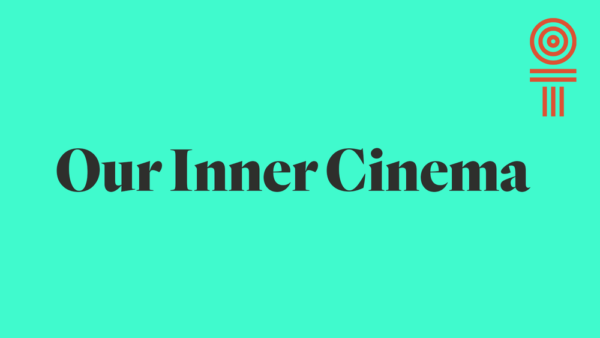
While there is much we don’t know about our brains, the understanding of our most complex organism is always deepening.
Working towards that elusive goal are the speakers in this show who have delved into some of the unseen spaces of what’s inside our heads. Alexandra Rieger, a neuroscientist at the renowned MIT Media Lab, is concerned that we are losing touch with ourselves as “We live in a decade where we have more interest in human-to-computer interaction when we haven’t scratched the surface of human-to-human interaction.” She has invented a musi-medical instrument designed for what she calls “ecologically holistic rehabilitation.”
Her colleague at the MIT Media Lab Adam Horowitz studies dreams, which “often tell us stories we cannot hear with language alone” and believes that “technology can show us part of ourselves that remain otherwise invisible, opening doors to introspection, wellness and wonder.”
The dark side of technology and our brains will be explored by filmmaker Jeff Orlowski whose most recent film is “The Social Dilemma,“ which can be seen on Netflix and looks at the pernicious effects of social media.
Orlowski’s previous documentaries “Chasing Ice” and “Chasing Coral” looked at climate change, but he says that this topic was even more frightening to see how these enormous and powerful companies target their users, especially the developing and vulnerable minds of children.
Rounding out this show is “The Missfits,“ an inspiring documentary about a squad of girls who aspire to be scientists. This journey into our own unknown will make you reconsider so much of what happens inside our heads when we are awake and asleep.
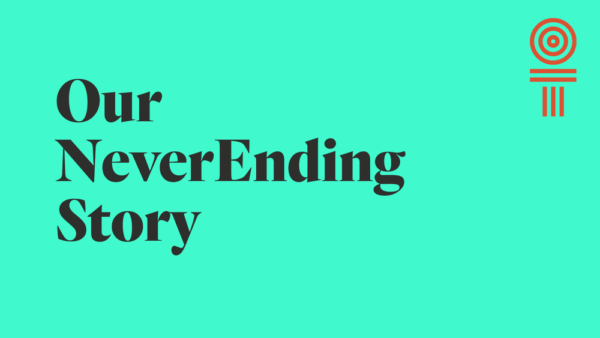
This show explores two themes with its title.
The first is how most storytellers, including documentary filmmakers are forced – understandably – to tell a story with an end. While this may be considered “good storytelling”, these parameters are not entirely faithful to the ongoing narrative. The other issue we look at in this show is America’s long-running internal conflict with immigration, which continues to be a fierce and stark dividing line in this country.
Joe Richman founded the program Radio Diaries well before podcasts existed. What he did was simple: he gave his carefully chosen subjects a microphone and a recorder and asked them to share their stories. In 1992, he met a young man named Juan, who had recently arrived in US. For the next 25 years, Joe followed Juan’s story, garnering a non-narrated audio history. The bond that formed between storyteller and subject fostered an ongoing openness, allowing listeners to stay with something long after most stories have – in a way – artificially ended. That relationship will be explored as well as Juan’s longtime struggle to become a legal resident of this country he has given so much to.
This show also includes the stirring short documentary, “The Undocumented Lawyer,” which follows Lizbeth Mateo, who has never let her immigration status stop her from pursuing her dreams and helping those in need. This film reveals so much about why the issue of immigration remains so volatile and unresolved, it’s own never-ending story.
Our stories matter and while it would be nice to have a clear and concise beginning, middle and end to them, that is not generally how life works.
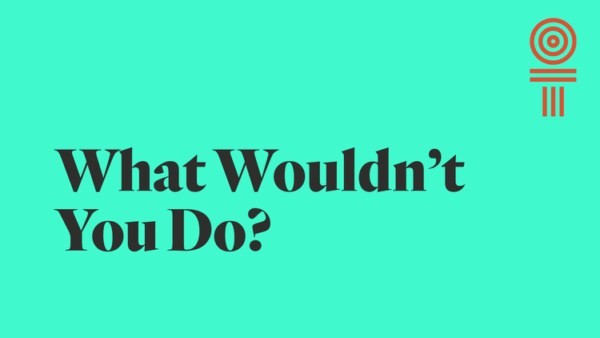
In 2012, warlord Joseph Kony captured the world’s attention through a reign of terror across Uganda.
Efforts to end his rampage and capture him – including the memorable and complicated KONY 2012 campaign – were mixed. While he is still at large, his army is extremely diminished today, as are his crimes against humanity.
Shannon Sedgwick Davis played a key role in this drama and her book, “To Stop a Warlord” details how people can get involved in ways they never ever expected. A key part of Kony’s strategy was to abduct young children from their villages and force them to commit violent atrocities.
The documentary short “Bitter Root” expands on this further, through the lens of David Ocitti.
David was 16-years-old when Kony’s army took him captive. He remained with them for six months before he was able to escape. When David returned to his village, he was faced with the challenge of reintegrating into a community that no longer trusted him, leaving him essentially alone and afraid. He persevered and worked assiduously to create a new life for himself that would benefit other refugees who had experienced a similar struggle. The result was an ongoing effort to help others reunite with their own communities while working tirelessly to bring peace to the region. This is not easy, but Shannon and David will speak to the real success that they have had for so many of the young people that their work has touched.
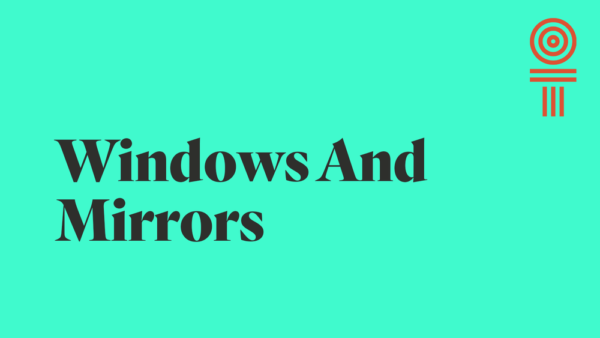
The timely, thoughtful and provocative documentary Black Boys exposes the dehumanization of Black boys and men in America at the intersection of sports, education and criminal justice in a nation still struggling to rectify its past.
The story is anchored by Greg Scruggs, a 2X Super Bowl champion and young father who recently returned to his hometown of Cincinnati to impress upon young Black athletes the importance of education first. Supporting storylines follow Sharif El Mekki, a principal at a nearly all Black charter school in West Philadelphia, and Malcolm London, a young poet activist fighting for criminal justice reform in Chicago.
Other notable voices in the film include Malcolm Jenkins, Carmelo Anthony, Jemele Hill, Dr. Harry Edwards, former Secretary of Education John King, and more. Ultimately, the film serves as a rare glimpse into the emotional landscape of Black boys and men, illuminating their full humanity, vulnerability and resilience. This show will be hosted by OT friend Keme Nzerem.
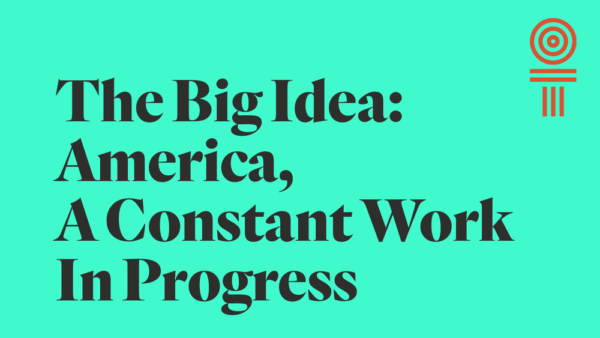
Rarely have we seen this country so roiled and on the edge as it is today.
Earlier this year, when legendary Congressman John Lewis died, President Obama said “America is a constant work in progress” and added that Lewis was a “founding father” of a “fuller, fairer, better America.” This closing show looks at how we progress as a nation towards Lewis’ beautiful vision. Regan Byrd is an anti-racism expert and consultant who works with different entities to understand how they can contribute towards a more equal society.
The short documentaries, “Affurmative Action” and “Vote Neil” take very different approaches to demonstrate the ongoing effort that is needed in pursuit of equity. Vali Nasr is a foreign policy expert and the author of The Dispensable Nation: American Foreign Policy in Retreat and will talk about how America’s own struggles and instability affect the rest of the world.


Sorry, the comment form is closed at this time.